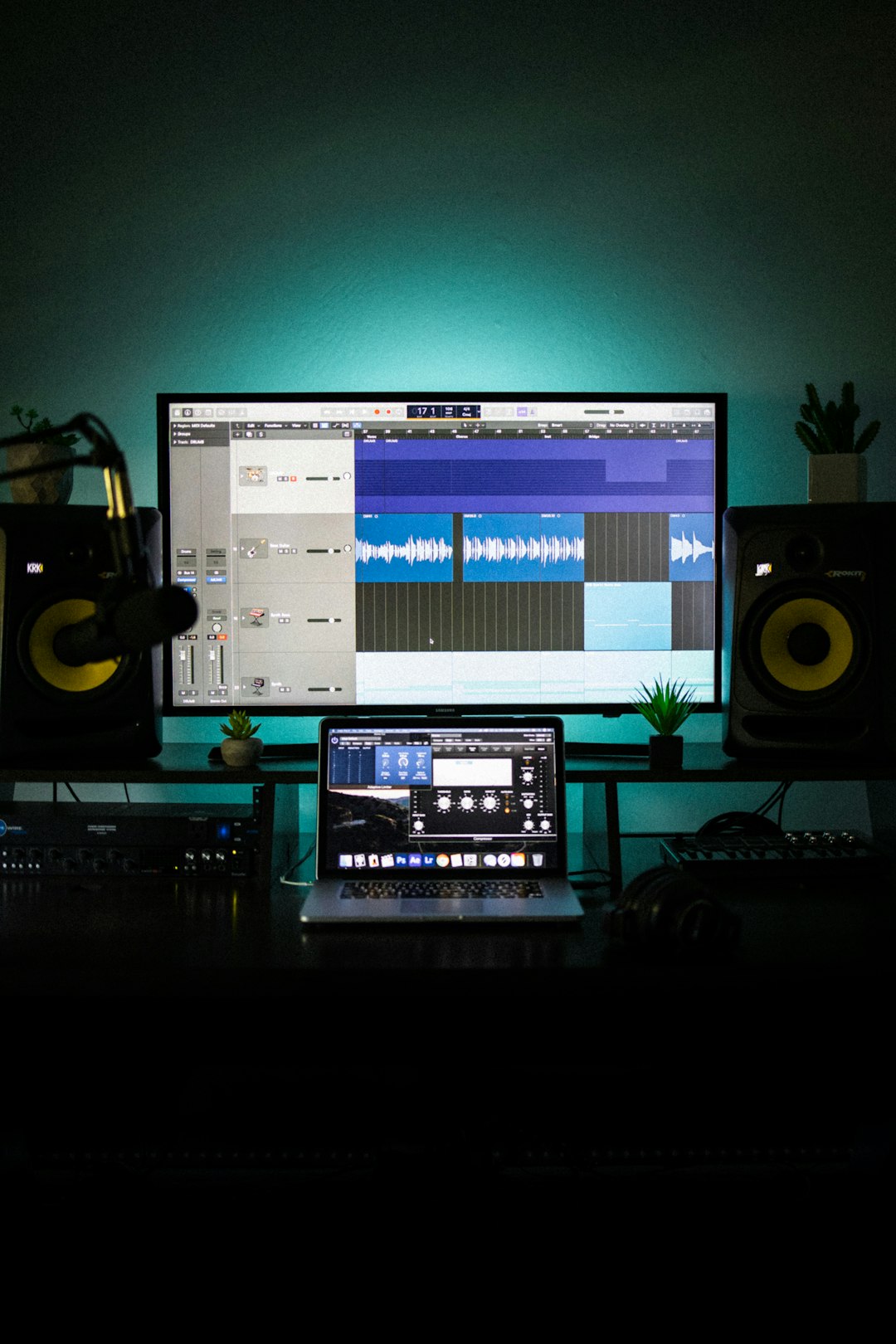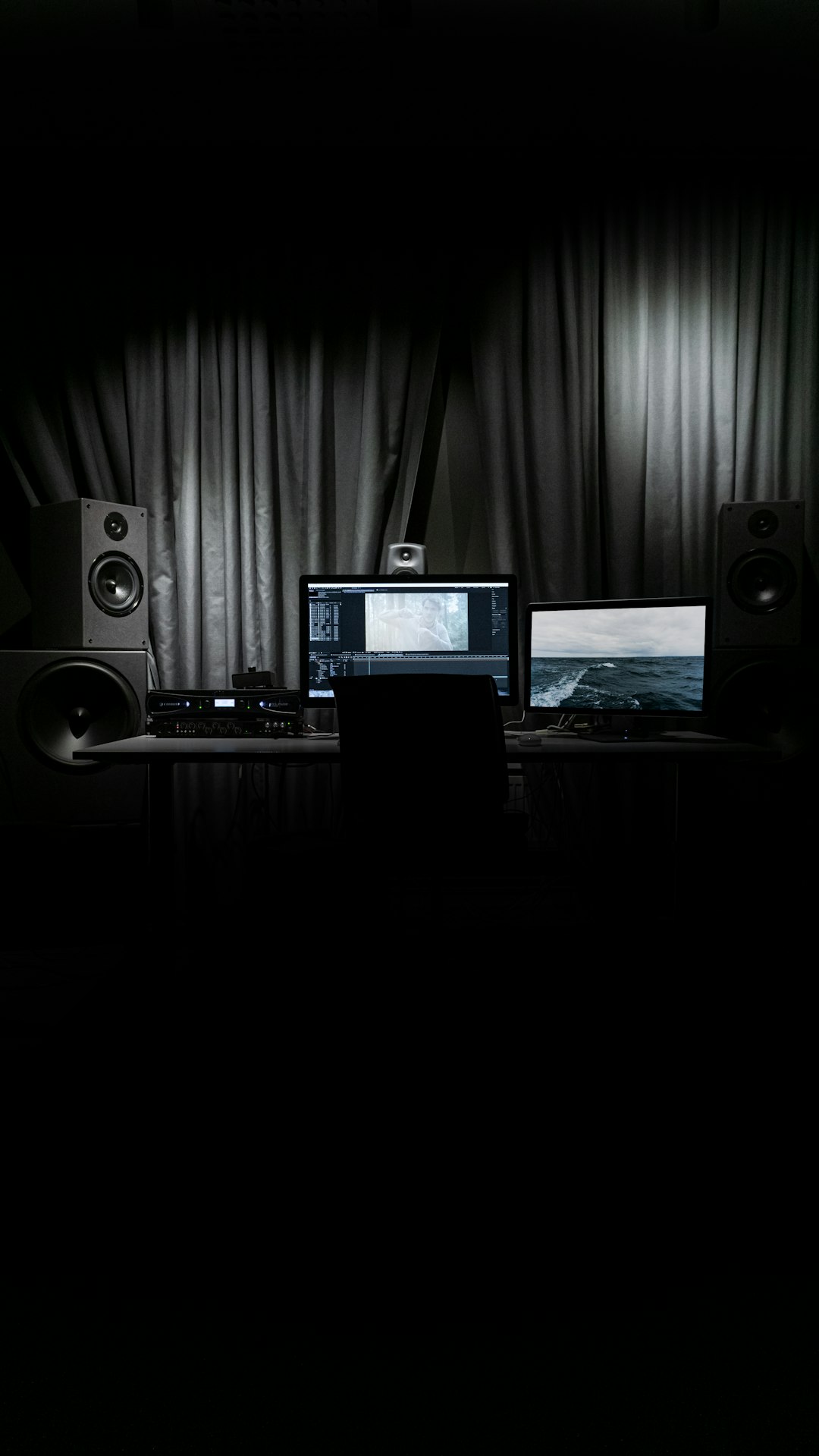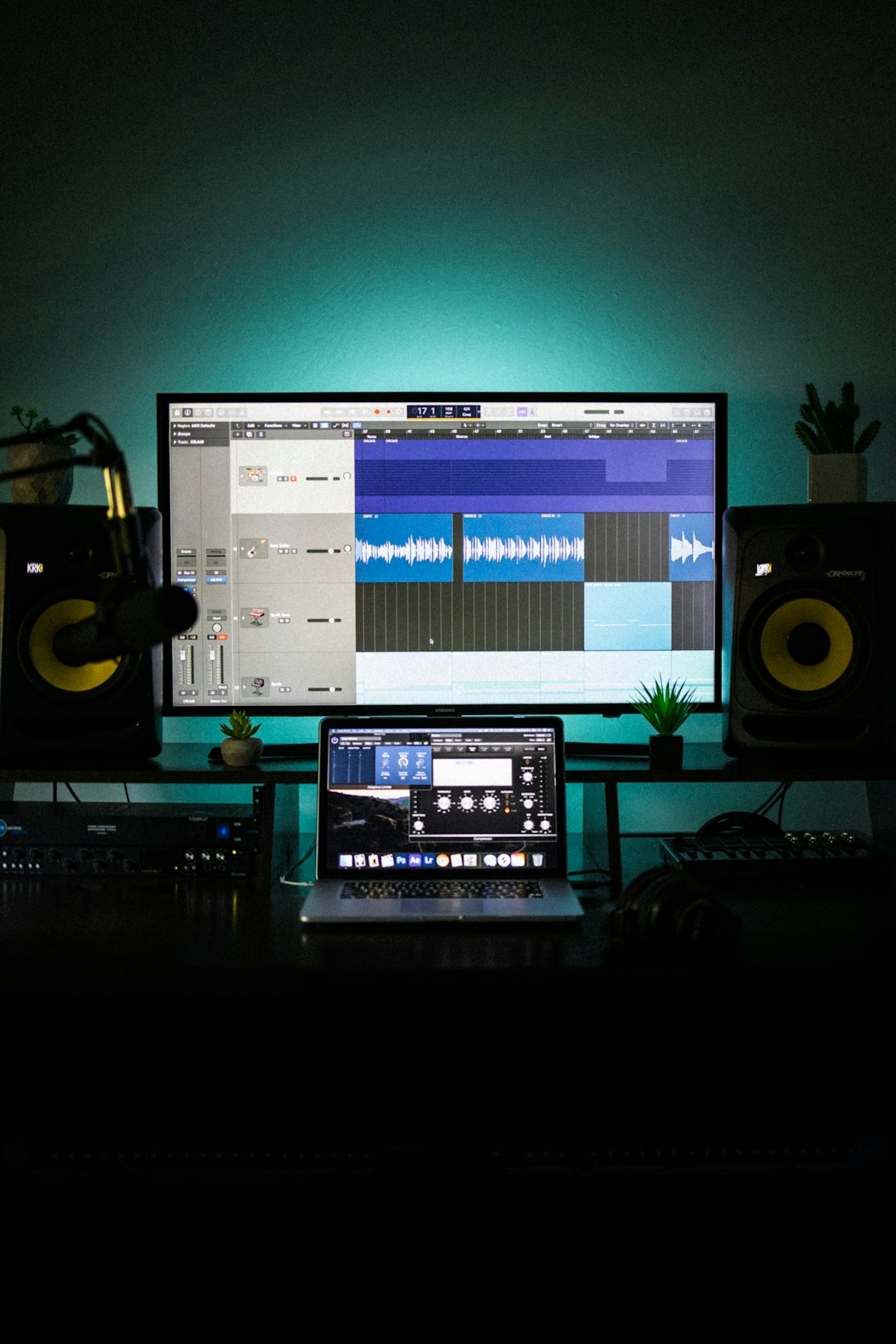In an age where music and spoken word are effortlessly shared, remixed, downloaded, and streamed, digital audio conversion has become commonplace. Whether it’s converting a YouTube video into an MP3, ripping tracks from a CD, or using AI tools to replicate a singer’s voice, we now have powerful technology that blurs the lines between convenience and copyright infringement. However, this convenience raises a crucial question: Are we always respecting the rights of the original creators?
Contents of Post
The Rise of Digital Audio Conversion
Digital audio tools have revolutionized how we consume media. In just a few clicks, anyone can…
- Download a speech and transcode it into a podcast-friendly format
- Convert a film soundtrack into background music for personal projects
- Isolate vocals from songs to remix or reuse
This accessibility, while empowering to content consumers and creators alike, has given rise to serious ethical concerns. Chief among them is the potential for violating the intellectual property rights of original artists and creators.

Understanding Creators’ Rights
When a musician, podcaster, or sound engineer produces an audio file, they hold specific rights under intellectual property law. These rights include:
- Reproduction Rights: The right to copy, duplicate, or reproduce the work.
- Distribution Rights: The right to sell or disseminate copies.
- Public Performance Rights: The right to perform the work publicly, such as through streaming or broadcasting.
- Derivative Works: The right to create adaptations or remixes of the original work.
When we use audio conversion tools to bypass these rights, whether intentional or not, we engage in ethically grey—or sometimes explicitly illegal—territory.
Common Ethical Missteps in Audio Conversion
Here’s where most people slip up—often unknowingly.
1. Converting Streaming Content into Downloads
Many people use “YouTube to MP3” converters or similar tools. While it might seem harmless to download a song for personal use, this often violates the terms of service of platforms and, in many cases, the copyright laws of specific countries. If the creator isn’t being compensated for the download, it’s a breach of their rights.
2. Removing DRM (Digital Rights Management)
DRM measures are put in place to protect digital content from unauthorized use. Using software to strip these protections from audio files—say, to port purchased music from iTunes to another platform—is not only unethical but often illegal.
3. Using Audio in Remixes or Mashups Without Permission
In the age of TikTok and YouTube Shorts, remixing audio clips has become part of online culture. However, even short samples may require the creator’s permission. Just because millions are doing it doesn’t make it ethically sound.

Why Ethical Audio Use Matters
Respecting creators’ rights isn’t just about avoiding fines or takedown notices—it’s about acknowledging and honoring the hard work, creativity, and originality behind a piece of audio content. Here’s why ethical audio conversion matters:
- Preserving Artistic Integrity: Artists and creators deserve control over how their work is used and interpreted.
- Ensuring Fair Compensation: Monetizing someone’s audio without consent diverts income from the rightful owner.
- Promoting Sustainable Creativity: When their rights are respected, creators are more likely to continue producing new and compelling content.
Audio Conversion for Fair Use—Is It Possible?
There are scenarios in which converting audio files can be ethically acceptable or even legal. Fair use laws in some countries permit limited use of copyrighted content without permission under certain conditions. These include:
- Educational Use: Teachers using excerpts for instructional purposes
- Commentary and Criticism: Using a snippet for review or critique
- Parody: Creating a humorous imitation that transforms the original work sufficiently
- Personal Backup: Converting a legally purchased album to another format for personal, non-distributed use
Important caveat: Fair use is a legal defense—not a right. Misinterpretation can still get you into trouble. When in doubt, seek legal advice or permission.
How to Convert Audio Ethically
Before using that catchy podcast intro in your YouTube video or converting a track for offline listening, consider the following ethical checklist:
- Is the content in the public domain? Materials that are no longer under copyright or were released as copyright-free are generally fair game.
- Does the license allow conversion? Open-source or Creative Commons licenses often specify how you may use and convert media.
- Have you obtained the necessary permissions? Reaching out to the content creator for approval ensures ethical and respectful use.
- Are you giving credit? Even when permission isn’t legally required, ethical use involves acknowledging the source creator.
The Role of Technology Companies
Responsibility doesn’t fall solely on individual users. Platforms and software developers also play a role in promoting ethical behavior. Technology companies can support creator rights by:
- Embedding copyright filters that prevent unauthorized uploads
- Providing monetization options so creators can profit from shared content
- Educating users about copyright policies directly in their interfaces
- Working with legal authorities to curb repeat violations
Championing a Culture of Respect
At its core, ethical audio use is about respect—respect for the time, talent, and innovation that artists and creators invest in their work. The ease of audio conversion doesn’t absolve us from responsibility. Quite the opposite: it demands a heightened awareness and commitment to doing the right thing.
When digital tools are used responsibly, they can foster creativity and collaboration. But when they’re used to exploit or plagiarize, they undermine the very network of trust that allows the creative world to flourish.
Conclusion: Ethics as a Creative Force
Ethical audio conversion is not a limitation—it’s a framework that allows creativity to thrive in a respectful and sustainable way. It encourages original creation, protects artists, and ensures a vibrant, fair audio ecosystem where everyone wins.
So the next time you reach for that conversion tool or drop an audio sample into your timeline, ask yourself: Am I honoring the work that went into this?
If we all embrace that mindset, we won’t just be better content consumers—we’ll be thoughtful contributors to a healthier, more respectful digital audio world.

